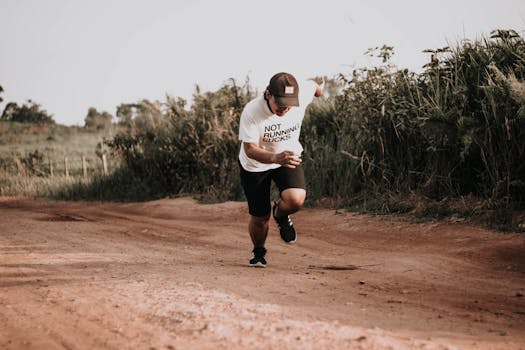
Understanding the Aging Runner
Aging doesn't mean you have to give up running. In fact, staying active is one of the best things you can do for your health as you get older. However, running as you age requires some adjustments to keep you healthy and injury-free.
Listen to Your Body
- Pay attention to persistent aches or pains and allow adequate time for recovery.
- Don't ignore signs of overtraining such as fatigue, irritability, or poor sleep.
Emphasize Warm-Up and Cool-Down
Dynamic warm-ups become increasingly important as you age. Spend at least 10 minutes gradually increasing your heart rate and preparing your muscles before a run. Likewise, dedicate time to cool down and stretch thoroughly after each session.
Adapt Your Training
- Incorporate more rest days to allow your body the time it needs to recover.
- Mix up your workouts with lower-impact cross-training like swimming or cycling.
- Adjust pace and distance expectations, focusing on enjoyment and health rather than speed or personal records.
Incorporate Strength and Flexibility Work
Strength training helps combat age-related muscle loss and reduces injury risk. Aim for two sessions a week targeting all major muscle groups. Regular stretching and mobility exercises also help maintain range of motion and prevent stiffness.
Prioritize Diet and Hydration
- Support your running and recovery with a balanced diet rich in protein, healthy fats, and complex carbohydrates.
- Stay hydrated before, during, and after your runs.
Stay Motivated and Social
Join running groups or participate in local races to stay motivated. Sharing your journey with others can make the experience more enjoyable and helps foster accountability.
Conclusion
Your approach to running may need to evolve as you age, but the joy and benefits it brings can last a lifetime. By adjusting your routine and listening to your body, you can continue to enjoy running for years to come.
Comments
Post a Comment